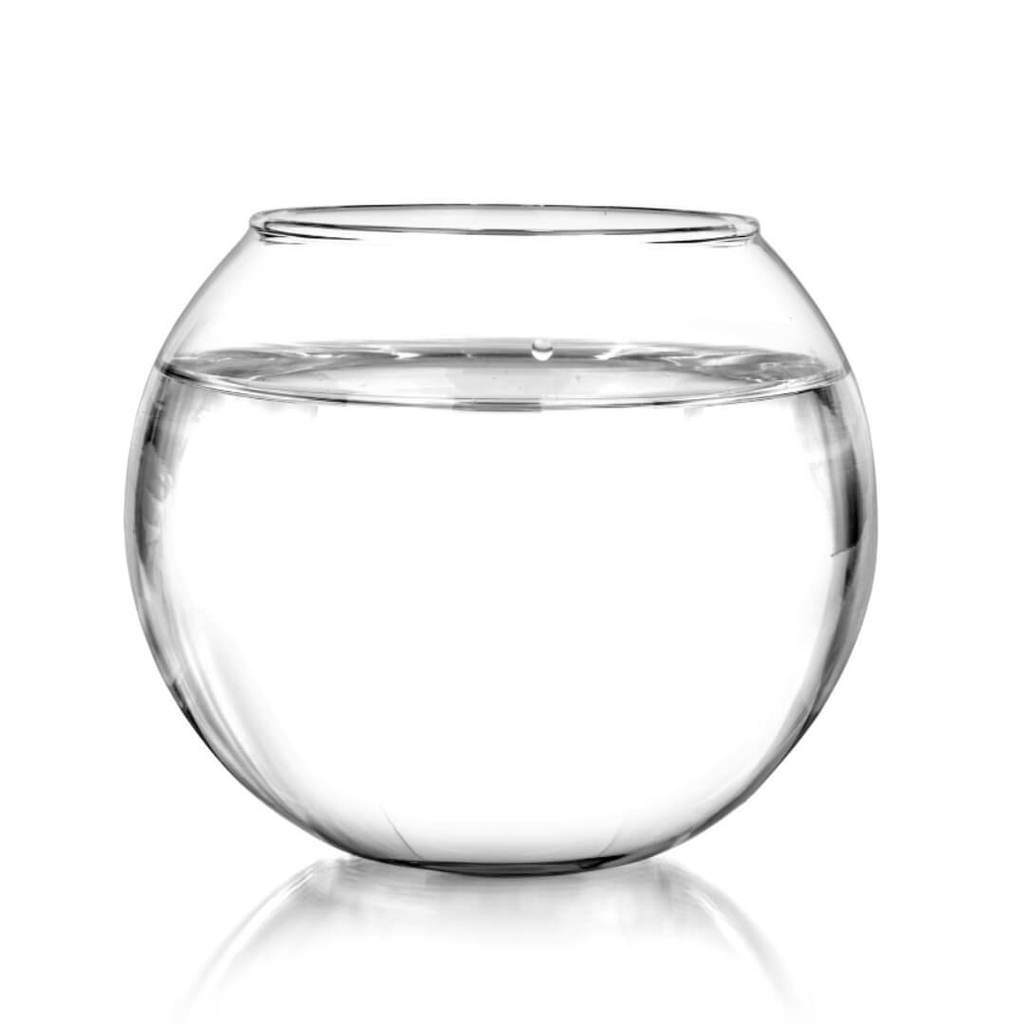Butylene Glycol at a Glance
-
Often included in a skincare formula to enhance the texture and penetration
-
Known to be hygroscopic, meaning it can increase skin’s water content (aka hydration)
-
It May also help boost a formula’s stability
-
Clear, viscous liquid
-
Also known as butane-1,3-diol
About Butylene Glycol
Butylene glycol is a commonly used ingredient that plays multiple roles in cosmetics, including as a humectant, texture enhancer, solvent, and penetration booster. Research indicates butylene glycol not only helps raise water content in the skin (aka hydration) but may also contribute to decreasing roughness on the surface of the skin (depending on how it's combined in the formula). While not known as a preservative in and of itself, some of butylene glycol’s properties can help boost a formula’s stability against microorganisms that may harm the skin’s surface.
As a raw material, butylene glycol is a clear and viscous liquid. It is similar to propylene glycol but has a lighter texture. It is used in a wide range of concentrations, with reports of up to 50%, although many suppliers cap it at 30%. The minimum amount tends to hover around 0.5%, in which case it's typically part of a blend with plant extracts and/or preservatives.
The Cosmetic Ingredient Review board has evaluated several toxicology tests and other research concerning butylene glycol over the years and has determined it is safe within the wide concentration range currently used in cosmetics products.
The U.S. Food and Drug Administration (FDA) has even determined that butylene glycol is safe as a food additive.
Benefits of Butylene Glycol for Skin
As a multifunctional ingredient in cosmetics, butylene glycol does a little bit of everything:
Attracts water: Robinson says butylene glycol is a humectant, which means it binds water and pulls in hydration to the outer layer of the skin.
Enhances penetration: By breaking down hard-to-dissolve active ingredients, butylene glycol improves penetration, which, as a result, helps the product perform more effectively
Conditions and smooths: In addition to being a humectant, butylene glycol may also function as an emollient by creating a barrier on the skin, which prevents water loss and softens and conditions.
Why Butylene Glycol is used for skincare Products?
Butylene glycol is added to all kinds of products that you apply topically. It’s particularly popular in clear gel-based products and in makeup that glides onto your face.
You’ll find it on the ingredients list of sheet masks, shampoos and conditioners, eyeliners, lip liners, anti-aging, and hydrating serums, tinted moisturizers, and sunscreens.
-
Butylene glycol is a viscosity-decreasing agent
“Viscosity” is a word that refers to how well things stick together, particularly in a compound or chemical mixture. Butylene glycol makes other ingredients less likely to stick together, giving makeup and self-care products a fluid and even consistency.
-
Butylene glycol is a conditioning agent
Conditioning agents are ingredients that add a layer of softness or improved texture to your hair or skin. They’re also called moisturizers or, in the case of butylene glycol, humectants. Butylene glycol works to condition skin and hair by coating the surface of your cells.
-
Butylene glycol is a solvent
Solvents are ingredients that maintain a liquid consistency in a chemical compound. They help active ingredients that could become gritty or clumpy stay dissolved. Butylene glycol keeps the ingredients in cosmetics spread out and in their desired state for use.
May butylene glycol cause allergy?
It’s possible to have an allergy to nearly any ingredient, and butylene glycol is no different. There’s at least one report of an allergy to butylene glycol in the medical literature. But an allergic reaction caused by butylene glycol is an uncommonTrusted Source.
-
Butylene glycol during pregnancy
Butylene glycol hasn’t been deeply studied in pregnant women.
A 1985 study of pregnant rats demonstrated that this ingredient had negative effects on the developing animals.
Anecdotally, some people recommend staying away from all glycol and petroleum products during pregnancy. Speak with a doctor about these products if you’re concerned.






